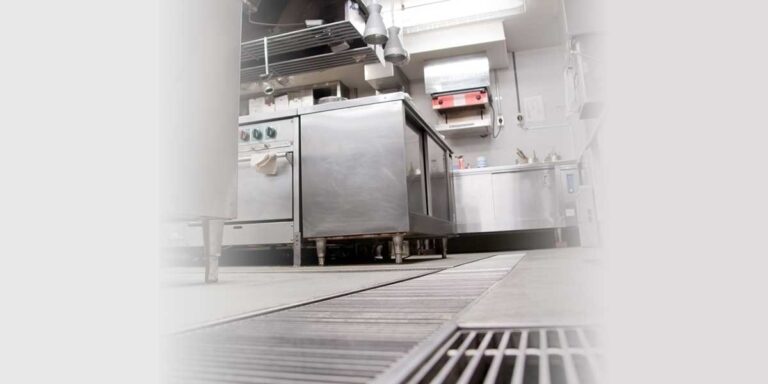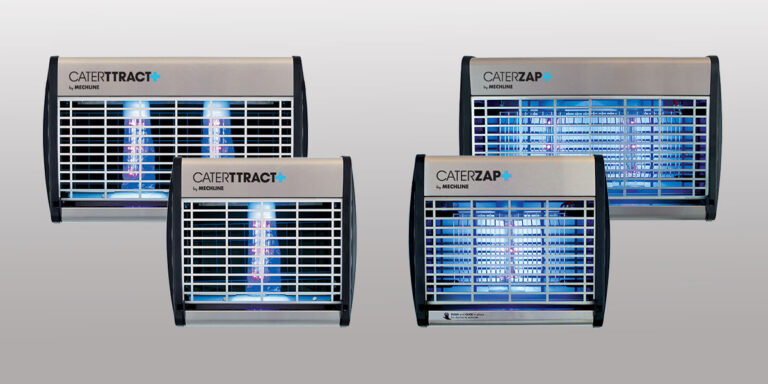BYPASSING BEST PRACTISE: EFRA HIGHLIGHTS THE NEED TO OBSERVE THE FOOD WASTE HIERARCHY
The Environment, Food and Rural Affairs (EFRA) Committee have issued their latest report on food waste in England, which raises notable concerns regarding the distortion of the food waste marketplace through government incentives and the avoidance of waste hierarchy principles.
This report expresses concern that the food waste hierarchy is not being enforced by certain industries. Existing as a framework to prevent and manage food waste in order of environmental impact, it is alarming that government incentives designed to improve food waste management are actually encouraging its disregard. The report also recommends that the incoming Government takes steps to better communicate the current tax breaks and incentives that are available to companies, in order to support their efforts to redistribute surplus food.
It is imperative that all catering and food service operations manage their waste in line with the European Waste Framework Directive Waste Hierarchy to reduce the volume and cost of waste to their business. However, what this report highlights is how government tax incentives for turning waste into green energy have actually distorted the marketplace and proven counterproductive for adhering to the hierarchy, with businesses choosing to send surplus food for anaerobic digestion rather than redistributing food to people in need. The charity FareShare commented, as a result of these incentives, many businesses disposed of edible surplus food via AD or converted it to animal feed, because this cost less than keeping it in a fit state for human consumption, which had additional costs in terms of segregation, storage and handling.
Hugh Fearnley-Whittingstall, whose TV show ‘Hugh’s War on Waste’ shines light on the scale of food waste in the UK, sums this up nicely: “When we know there are hungry people, the idea of making electricity out of food when we could be feeding people, feels wrong. But actually scientifically it’s the wrong thing to do, because the energy recovery from AD is pathetic, compared to the energy recovered by people eating food.”
Mechline, the manufacturers of the organic end-of-life food waste bio-digester Waste²O, welcome the recommendation that alternative use of food waste should not be discouraged and have developed a Food Waste Reduction Programme with these principles in mind. Mechline understand the challenges of operating an efficient commercial kitchen and with this programme help operators optimise their use and treatment of end-of-life food waste.
The Mechline Food Waste Reduction Programme quite simply, highlights best practice on how to manage end-of-life food waste in a circular way, beginning with prevention, reduction and reuse and followed where necessary with redistribution, recycle and reprocess. It provides the tools an operator needs to make a cohesive food waste strategy work. Part of the package is an informative brochure that outlines the steps to be taken, including how to create a food waste baseline and conduct a review of the waste a business produces. The informative 18-page brochure is made available to educate the industry at no cost, simply visit www.waste2-0.com.
Whichever way food service operators view it, there are numerous benefits to taking preventative action in reducing end-of-life food waste including cost savings by reducing food disposal; reducing food purchases by using ingredients more effectively; minimising the cost of wasted ingredients; and reducing the overall cost of end-of-life food by cutting energy, labour and other associated costs.
Arguably a bigger motivation is the fact that there do exist current tax incentives for businesses for redistribution in the way of donating food, as detailed in the EFRA report, but how widely this is known amongst the food service industry is uncertain. Mechline agree with the recommendations that the incoming Government take steps to better communicate the current tax breaks and incentives that are available to companies, in order to support their efforts to redistribute surplus food, in addition to undertaking an assessment of how it might further promote the redistribution of surplus food by additional fiscal measures.
While 75% of food waste is avoidable, the remaining 25% unavoidable food waste will inevitably incur costs. Disposing of end-of-life food to landfill is the most costly option and should be avoided. Committee Chair Neil Parish MP has commented: “Socially it is a scandal that people are going hungry and using food banks when so much produce is being wasted. And environmentally it is a disaster, because energy and resources are wasted in production only for the food to end up rotting in landfills where it produces methane – a potent climate-changing gas.”
Mechline’s Waste²O is an economical and environmental on-site solution for dealing with unavoidable end-of-life food waste and avoiding the need for costly waste management fees. The EFRA report makes recommendations for the separation of such food waste out of the waste stream, but has not subscribed to calls to make this, and its collection, a statutory obligation. This enables businesses to instead assess the best solution to satisfy their business needs, and apply the Technical, Environment and Economical Practicality (TEEP) assessment criteria in doing so. Mechline’s Waste²O is an on-site bio-digester that scored highly for practicality in a recent analysis of various commercial food waste systems (Ricardo Energy & Environment, 2016).
The report from EFRA provides some food for thought for foodservice and hospitality operators, in terms of revisiting the best practise way of food waste management. It is encouraging that the incoming Government are being advised to communicate and support fiscal measures to aid businesses in the appropriate fight against food waste. Furthermore, by not introducing statutory requirements for waste separation and collection, businesses are being allowed the autonomy to choose the best waste disposal methods to suit both their business needs and those of the environment.







